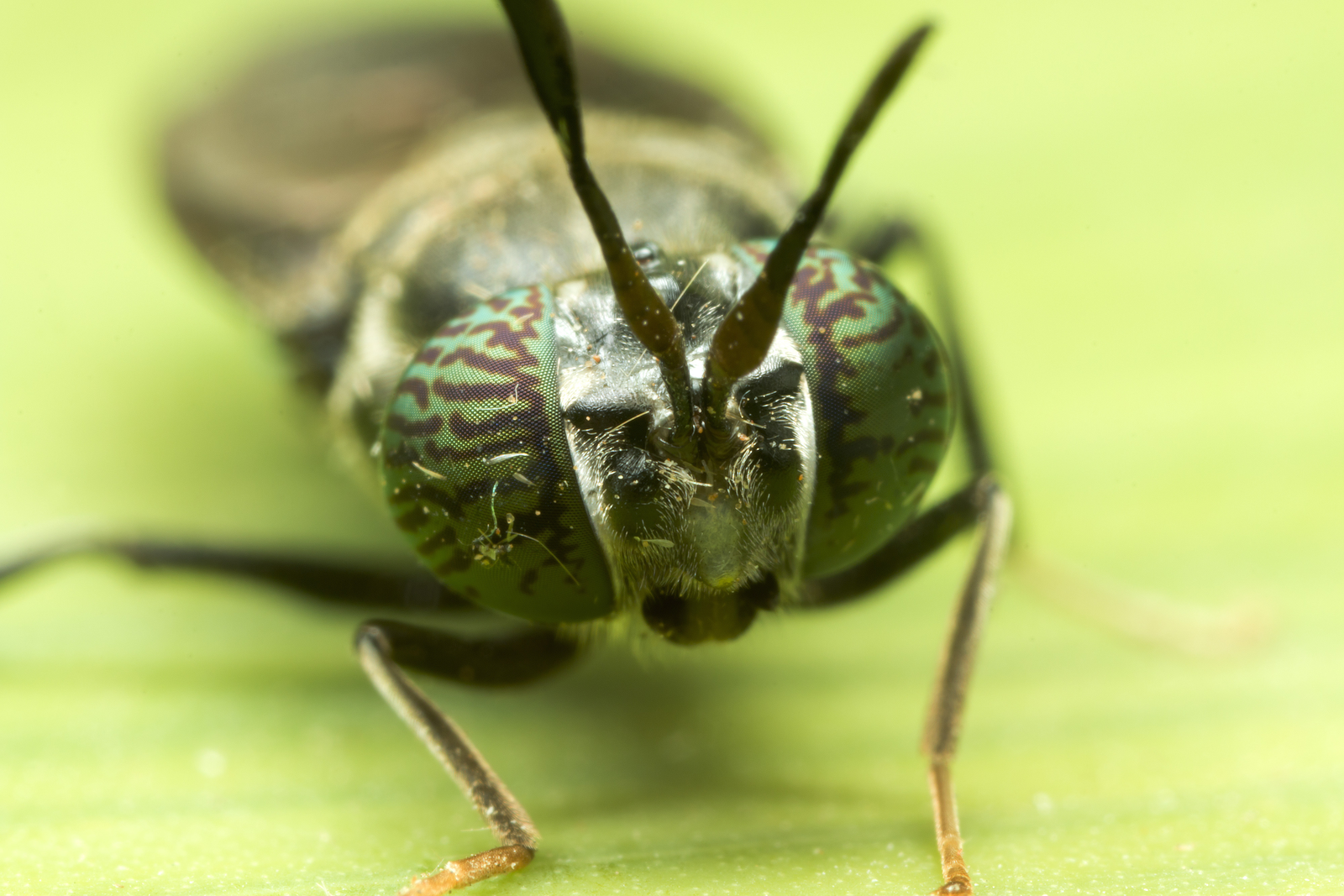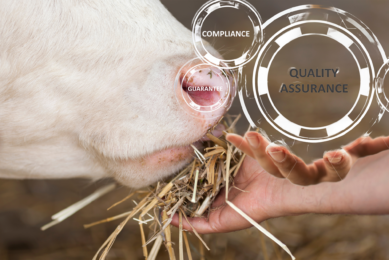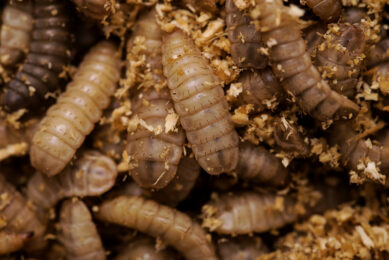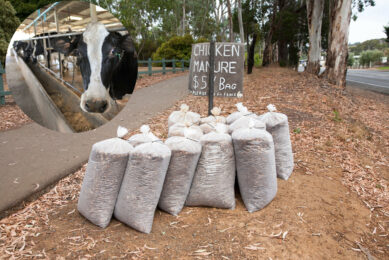Finally: EFSA opinion on insects for feed

The long awaited EFSA opinion on the safety of using insects in animal feed and food is finally here. In its risk assessment, EFSA names the lack of data on contaminants in insects a point of concern.
Insect use in feed and food is promising and many companies are starting to breed and process insects. However, the current TSE regulation does not allow insect Processed Animal Protein (PAP) to be fed to farmed animals due to lack of a safety profile. To get a clear understanding about the safety and risks involved in feeding insects to livestock, EFSA published a scientific opinion about this.
Safety of substrates (the feed for insects)
Insects are considered farm animals, and the EU states that farm animals may be fed only with safe feed. EFSA states that when currently allowed feed materials are used as substrate to feed insects, the possible occurrence of microbiological hazards is expected to be comparable to their occurrence in other non-processed sources of protein of animal origin. The possible occurrence of prions in non-processed insects will depend on whether the substrate includes protein of human or ruminant origin. Data on transfer of chemical contaminants from different substrates to the insects are very limited.
Need for more substrate sources
According to EFSA, there is increasing demand to use other substrate sources as well, other than the ones that are currently allowed. This is because insects are very efficient in converting low quality organic material into high quality feed and food. Think of substrates such as animal and human manure, human food waste (including meat and fish), swill, organic material such as gardening and forest material and by-products from slaughterhouses (e.g. feathers and bones).
The company Entofood for example is doing this. Also AgriProtein has developed a system to efficiently convert waste into insect protein. These are readily available, but not allowed to feed to insects in the EU. In Kenya for example, it is common practice to apply human manure (after compositing) as substrate for rearing insects.
Heavy metals
Like products from other animals, insect derived food and feed products may contain hazardous chemicals. Some of these chemicals may be present in the substrates for insects, such as environmental contaminants, e.g. heavy metals. Earlier studies showed that Cadmium can be a risk. EFSA states that the concentrations of heavy metals and arsenic in insects depend on the characteristics of the elements and their concentrations in the substrates, the insect species and their growth stage. Studies done so far, show limits of the latter that some insect species were above the EU maximum limit for complete feed. EFSA concludes that transfer of heavy metals from substrates (e.g. organic matter, plants) for insects is apparently the most important route of contamination. Accumulation is dependent on insect species, growth stage, and metal in question.
Occurrence of bacteria and viruses
The microbiota (including bacteria, viruses, fungi) present in the gut of the insects is essential for the metabolism, behaviour and survival of the insects. But when insects are further processed, even if the intestine is emptied before harvesting, frass will remain in the substrate and can contaminate the insects. Some of the microbiota may become pathogenic to the insects under stress circumstances. EFSA therefore wanted to know if any of these microbes are pathogenic to other than insects, for example, to humans and animals. And if so, whether they could be transferred through feed and food containing insects or insect products.
EFSA concludes that studies on the occurrence of human and animal bacterial pathogens in farmed insects used as food and feed are very scarce in the scientific literature. Pathogenic bacteria (such as Salmonella, Campylobacter and verotoxigenic E. coli) may be present in non-processed insects depending on the substrate used and the rearing conditions. Most likely, the prevalence of some of these pathogens for example Campylobacter, will be lower compared to other non-processed sources of animal protein. EFSA states that insect pathogenic viruses occurring in insects produced for food and feed are specific for insects and therefore are not regarded as a hazard for vertebrate animals and humans.
Read also: What do consumers think of insects in feed?
Response from PROteINSECT
The EC funded research project PROteINSECT welcomes the publication of the EFSA Scientific Opinion and agrees with many points among which that the use of other (currently forbidden) substrates to feed insects destined for animal feed such as organic wastes (food waste and manures) must be specifically evaluated.
PROteINSECT Project Co-ordinator Dr Elaine Fitches from Fera (UK), adds, “This opinion is an important stepping stone in furthering our understanding of the potential of insects as a protein source. It provides valuable insight against which PROteINSECT can continue to communicate our research findings to key stakeholders across Europe and beyond, on production, processing, quality, safety and consumer acceptance around insect protein for animal feed.”
Read all the insect related items on All About Feed here.











